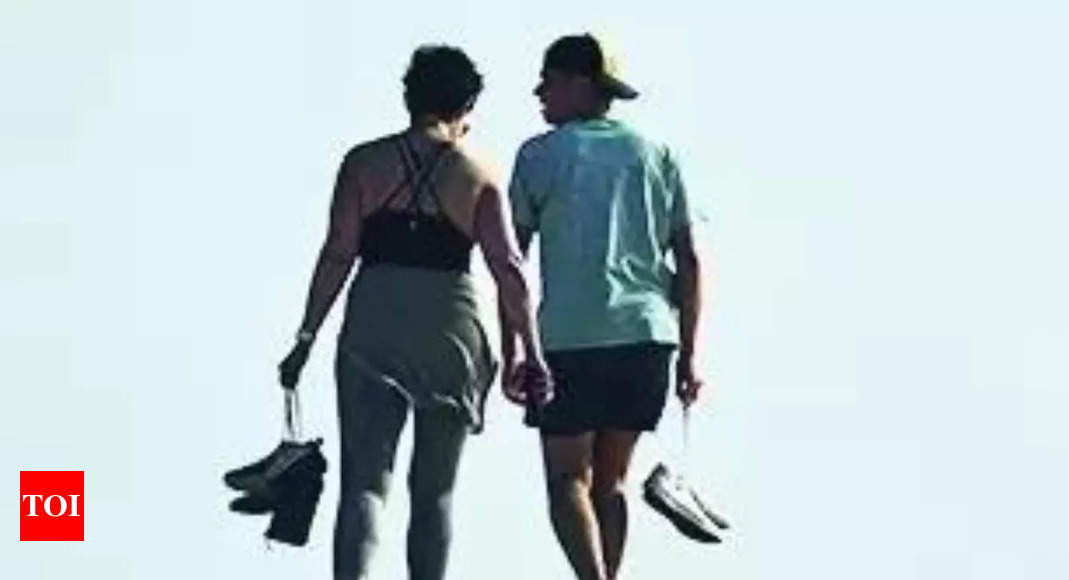[ad_1]
MUMBAI: While acquitting a 25-year-old in a case of consensual sexual relatiosnhip with a 17-year-old, the Bombay HC noted that criminalisation of adolescents’ romantic relationships is overburdening the system by “consuming significant time of the judiciary, police and the child protection system and ultimately when the victim turns hostile by not supporting the charge against the accused… (resulting) in an acquittal.”
In India, over time the age of consent has been increased, noted Justice Dangre with the Protection of Children from Sexual Offences (Pocso) Act pegging it at 18, “probably one of the highest ages globally… majority of countries have set their age of consent in the range of 14 to 16 years.” “Sexual autonomy encompasses both, the right to engage in wanted sexual activity and right to be protected from unwanted sexual aggression. Only when both aspects of adolescent’s rights are recognized, human sexual dignity can be considered to be fully respected,’’ said the HC, setting aside the February 2019 conviction and 10-year sentence under Pocso of a man aged 25 and acquitting him.
The girl was 17-year-old and claimed the relationship between them was consensual and under the Muslim personal law was “capable of performing a nikah”.
In India, the definition of “child” varies from statute to statute. Pocso criminalises all sexual activities for those under the age of 18 years, even if the act was committed by consent, said the HC.
Justice Dangre called for a “balance to be struck” between protection of children against sexual abuse and their autonomy but said “age of consent has to be necessarily distinguished from age of marriage as sexual acts do not happen only in the confines of marriage and not only the society, but the judicial system must take note of this important aspect”.
The judge said, “A case of physical attraction or infatuation always comes forth”, adding India needs to see what is happening globally.
In India, over time the age of consent has been increased, noted Justice Dangre with the Protection of Children from Sexual Offences (Pocso) Act pegging it at 18, “probably one of the highest ages globally… majority of countries have set their age of consent in the range of 14 to 16 years.” “Sexual autonomy encompasses both, the right to engage in wanted sexual activity and right to be protected from unwanted sexual aggression. Only when both aspects of adolescent’s rights are recognized, human sexual dignity can be considered to be fully respected,’’ said the HC, setting aside the February 2019 conviction and 10-year sentence under Pocso of a man aged 25 and acquitting him.
The girl was 17-year-old and claimed the relationship between them was consensual and under the Muslim personal law was “capable of performing a nikah”.
In India, the definition of “child” varies from statute to statute. Pocso criminalises all sexual activities for those under the age of 18 years, even if the act was committed by consent, said the HC.
Justice Dangre called for a “balance to be struck” between protection of children against sexual abuse and their autonomy but said “age of consent has to be necessarily distinguished from age of marriage as sexual acts do not happen only in the confines of marriage and not only the society, but the judicial system must take note of this important aspect”.
The judge said, “A case of physical attraction or infatuation always comes forth”, adding India needs to see what is happening globally.
[ad_2]
Source link











More Stories
We can’t wait to face India in the final: Pat Cummins | Cricket News
Railways plans 3,000 additional trains in next 4-5 years to minimise number of waitlisted tickets | India News
Faridabad: Man dies after ‘falling from hotel room window’ while partying with friends